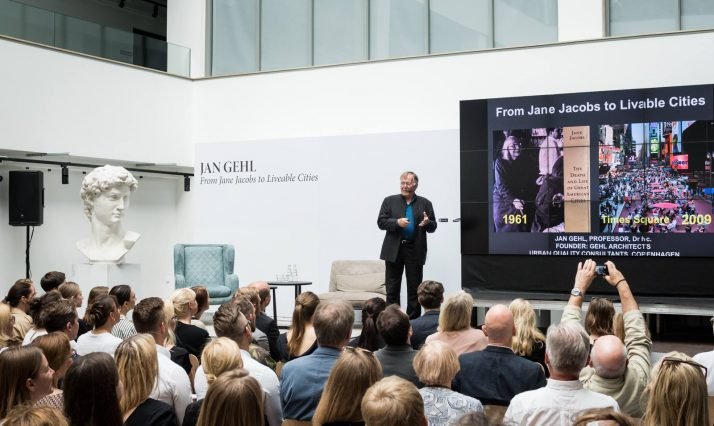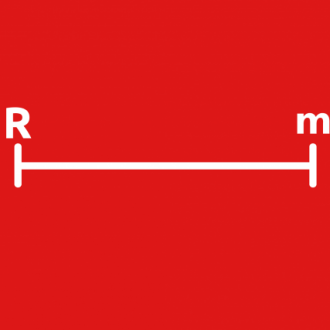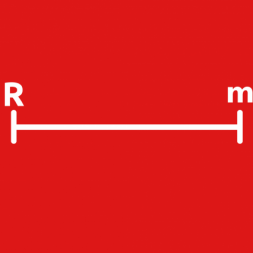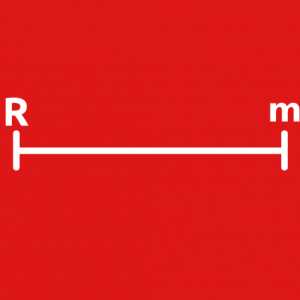Jan Gehl Lecture in Riga is Nominated for Riga Metrs Award




Jan Gehl Open Lecture in Riga is Nominated for Rigas Metrs Award 2017
We are very glad to tell, that Jan Gehl’s open lecture “From Jane Jacobs to Liveable Cities” at Riga Technical University in 2017 has been nominated for the Riga Metrs Award.
We are proud that the event, which Danish Cultural Institute in Estonia, Latvia and Lithuania co-organized together with the Latvian Outofbox Architecture gave a significant impact, and we are definitely enjoying the company of the other nominees who share the same values and strive to make changes.
Vote for Jan Gehls Lecture
The award winner will be decided based on a jury, but also through internet voting. If you are interested in voting, you can follow this link. The voting will be open from January 29th until February 11th. The winner(s) will be announced at an award ceremony on February 27th at Zuzeum.
Jan Gehl Lecture in Riga
During the open lecture on the 21st of June, Jan Gehl talked about his work and how to make cities liveable. The lecture was followed by a discussion led by Anthrophologist Viesturs Celmiņš.
The open lecture happened in connection with the opening of the exhibition of Jan Gehl’s work “Changing Mindsets”. In relation to this event, other urban planning-related activities took place with Jan Gehl as the main focus. There was a short stroll through Riga center with Jan Gehl together with Riga city planning experts and architects. Afterwards, a small seminar took place at Riga Design and Art School under the guidance of Architect and Urban Planner Oskars Redbergs.
Watch the lecture by Jan Gehl: link.
RĪGAS METRS Award was established by tourism solutions company MANTRA and its owner – the creative urban storyteller Mārtiņš Eņģelis as an award for initiatives improving urban environment and tourism.
The award is given to those who keep on discovering, displaying and creating city stories, establishing a productive soil for the new projects. The award marks processes of the past year, which in a clear and sustainable way connected the city with its citizens and left a significant footprint on the backbone of Riga city. The processes which didn’t happen just because they aimed to, but because they had to … because it’s the only way.